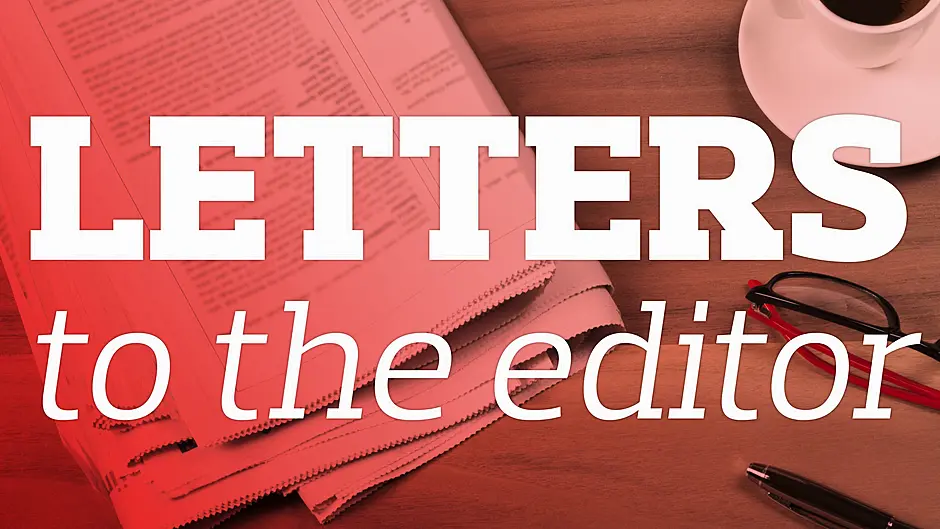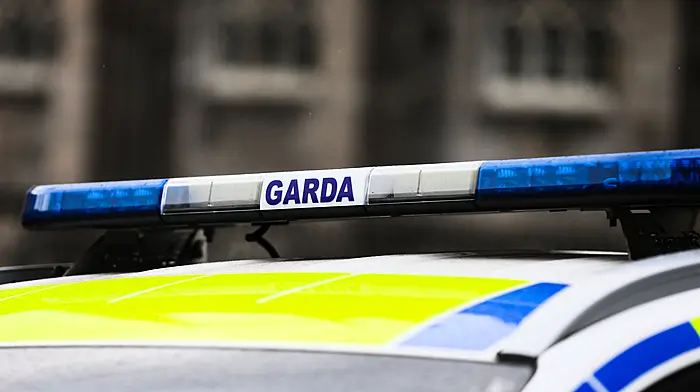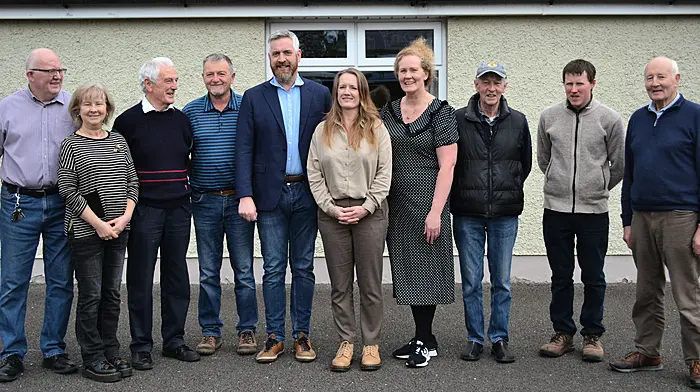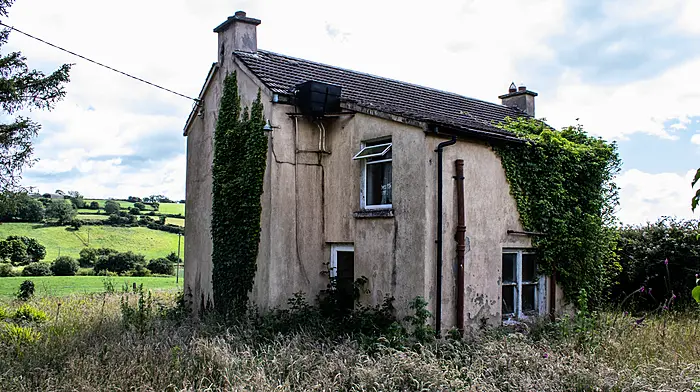EDITOR – A NATIONAL campaign to encourage local councillors to endorse a ‘Vision for Cycling in Rural Ireland’ began this week. Last week Cycle Sense and Clonakilty Bike Festival posted information leaflets to every rural councillor in Ireland.
The leaflet was developed by Cyclist.ie groups from Leitrim to Donegal to West Cork and highlights the eight priorities of the rural vision which includes safe cycle routes to schools and the creation of an environment where cyclists are expected and respected.
Safety and accessibility is our goal. Active travel is receiving unprecedented funding and staffing now and if the funding is spent effectively it will transform peoples’ experience of rural mobility. The aim must be to ensure that in rural, as well as urban Ireland, cycling for all ages and abilities can become a reality. The eight asks, described in the ‘Vision’, are a pathway to achieving this. In West Cork alone we have cycle groups in Skibbereen, Bandon, Kinsale and Clonakilty that have contributed to the national campaign, and it’s brilliant to see the momentum building.
We know our councillors are concerned about the same things that matter to us – road safety, rural transport options, energy use, physical and mental health.
What we are proposing will impact positively on all of those and more. Our ‘Vision’ recognises the need to move to a more strategic approach to rural cycle planning and design.
It also recognises the need to change the social as well as the physical environment on our roads – so that our public spaces are safer for everyone. Rural Ireland is currently very car-dependent and the percentage of people that cycle is low but there is huge potential.
It wasn’t that many years ago that cycling was a normal way to get around. Let’s all help rural Ireland cycle once again.
Local authorities and councillors should see us as partners and allies as they consider plans for cycle routes. Our expertise and hands-on experience of cycling in rural communities will be invaluable in considering what makes a safe route for cyclists of all ages and abilities.
If anyone would like to help with this campaign by reaching out to councillors, or if any councillors would like to give their support or thoughts on the leaflet please contact [email protected].
Ruth Bullough, Cycle Sense,
Skibbereen
Allison O’Roberts,
Clonakilty Bike Festival
Michael O’Sullivan,
Kinsale Loves Bikes
Moscow believes the West broke its word
EDITOR – It freezes in Moscow in February. Always. Russian winters arrive in November and stubbornly remain till March. Those winters are infamous. It was the onset of the Russian deep winter in December 1941 that halted Hitler’s attack in the Moscow suburbs. German forward units later remembered seeing the spires of the Kremlin before being repulsed forever.
In February 1990 another German leader was in Moscow. He was nervous. Chancellor Helmut Kohl had come to see the country’s leader, Mikhail Gorbachev.
Kohl wanted to unite Germany. Moscow was reluctant. So was Britain and France. Twice in the previous 70 years Germany had attacked Russia and almost destroyed it. On February 10th Kohl reached an agreement with Gorbachev: if Germany were allowed to unite, Nato would go ‘not one inch eastward’.
These words were formulated by US Secretary of State, James Baker. Gorbachev agreed and Germany began its process of reunification. It was a momentous concession by the Soviets and Kohl, in a state of euphoria, remembered walking all night around Moscow. Nato has moved steadily eastwards ever since and now currently buttresses the Russian land mass. This is what Moscow has persistently complained about over the decades: that the West gave their word and broke it.
Western media has dismissed such complaints as a bout of Russian ‘sour grapes’, but to Moscow it is a humiliating reminder that they were – as they see it – duped. Nobody likes to be duped.
We in the West may see Nato as a sort of saviour but to Moscow it is perceived as a serious national security threat. Its relentless expansion is also proof – to the Russians at least – that they simply cannot trust the West. On anything.
Patrick Horan,
Ringabella,
Minane Bridge.
Make sure our older people aren’t ‘Alone’
EDITOR – Alone, the organisation that supports older people to age at home, is asking members of the public to be respectful of older people’s boundaries and preferences as Ireland progresses with the removal of most Covid-19 restrictions. The end of mask wearing in public places and transport is especially worrying for this group. The organisation wants to ensure that older people’s choices are listened to and that friends and family are mindful of their concerns.
Alone want members of the public to check-in with older people around how they are feeling with the easing of restrictions, ask them what they would prefer when it comes to visits in the home and whether they would feel comfortable if they were to continue to wear masks in their presence. While older people do not want to lengthen the period of social isolation even more, we need to remember to take their wishes into consideration. As Covid is still present and infecting people, older people and socially and medically vulnerable groups cannot throw caution to the wind just yet.
Some of the older people Alone work with have been in a constant state of social isolation for nearly two years now and are nervous at the pace of easing given the uncertainty of the pandemic and its variants. Older people have been dealing with the repercussions of social isolation and still have a long-road ahead to rebuild their confidence and reintegrate into society. Alone’s primary concern is that they are adequately supported in their re-emergence with proper care and plans in place.
Sean Moynihan,
Chief executive,
Alone,
Dublin.







